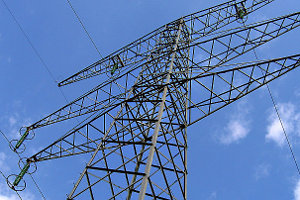 Three months before the state election, Prop 16 has made headlines in every major state newspaper.
Three months before the state election, Prop 16 has made headlines in every major state newspaper.
At first glance, Proposition 16 might appear to lack a certain splash-factor -- at least compared to other initiatives - like 8 or even 71 - that have appeared on recent California ballots. In short, the proposition would require a two-thirds super majority election by voters before a local government could pool the buying power of consumers to secure energy contracts. (Oh, are you still reading this? Good.)
And yet, three months before the state election, Prop 16 has made headlines in every major state newspaper. The LA Times, the Chronicle, the San Jose Mercury News, and the Sacramento Bee, to name just a few.
From the standpoint of Prop 16's backers, these are not the good kind of headlines. With few exceptions, each article has put a spotlight on a dramatically lopsided campaign: One side of Prop 16 – the "Yes" camp – is funded entirely by a single company, PG&E, which has said it's prepared to spend $35 million on the campaign. The "No" camp has scraped together less than $25,000, nearly all of it from an advocacy group with a staff of 15.
When I asked a Yes On 16 spokesman whether he was concerned that his camp's financial muscle might turn off voters, he said that the issues at hand are simply too important not to put on a ballot. But "important" how? To PG&E's profit margin? Or to the communities interested in pursuing public power? That may be the key distinction guiding voters on June 8.
